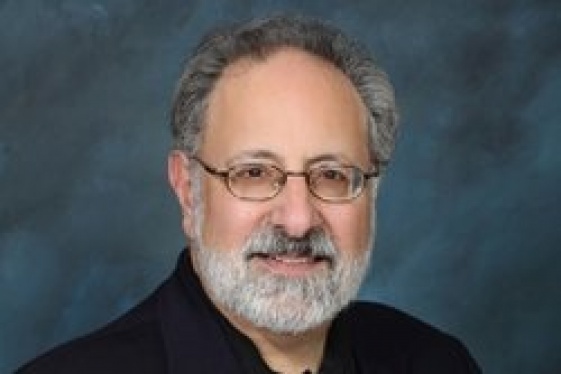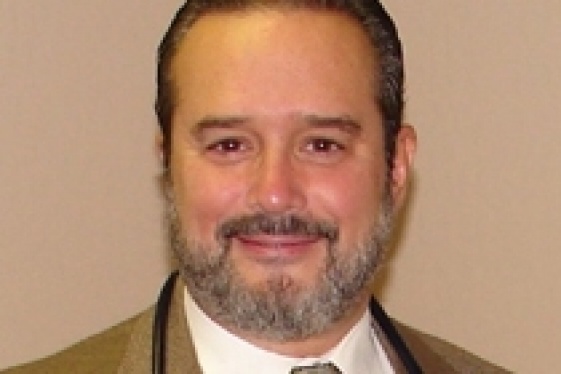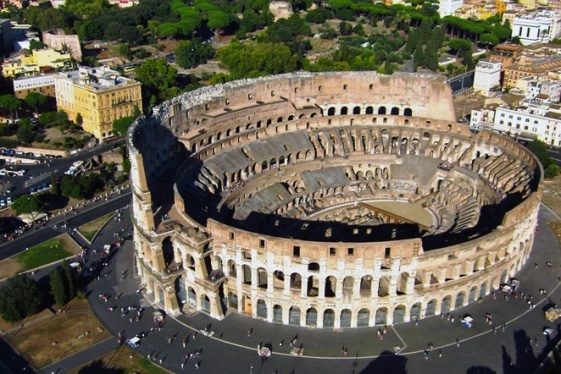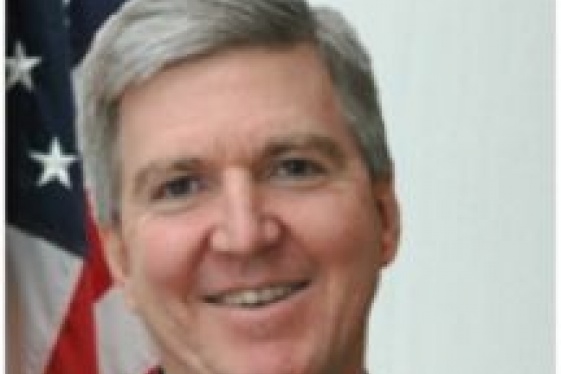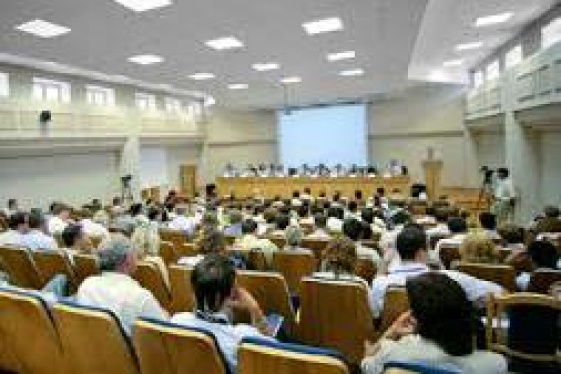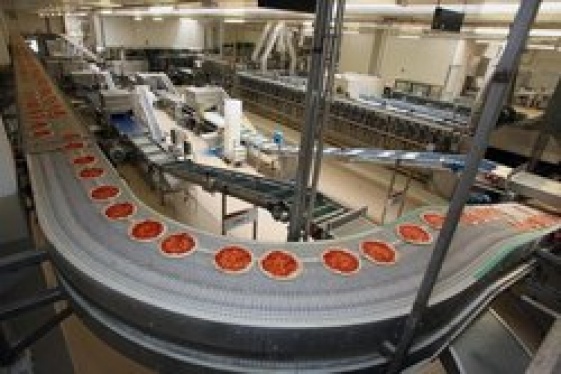

At Niguarda Hospital in Milan, an artificial heart was implanted in a patient who had been waiting several months for a heart transplant. This is the first time such an operation has taken place in Italy. It is an artificial organ equipped with biological valves, which totally replaces the heart with functions very close to the physiological ones. The state-of-the-art artificial heart was used to treat a patient suffering from severe heart failure with left and right ventricle dysfunction.
The next-generation artificial heart totally replaces the native heart, which is removed by cardiac surgery under extracorporeal circulation. The new device consists of a left ventricular chamber and a right ventricular chamber. This configuration differentiates it from the assistance systems normally used, the so-called Vad (Ventricular Assist Device), with an almost exclusive left ventricular support function.
Instead, the artificial heart with its four biological valves (which correspond to the tricuspid, pulmonary, mitral, and aorta valves of the native heart) is able to generate physiological flow of the pulsatile type (i.e., with a systolic and diastolic pressure as in the normal subject). The advantages of this new device also include the internal surfaces being totally coated with biological membranes, requiring low levels of anticoagulation therapy with a reduced risk of related complications.
Consider that the average wait on the ordinary list for heart transplantation in Italy is about three years, and a technology that closely mimics heart physiology can help bring patients in the best possible condition to face transplantation. The hope is that in the near future, the use of the artificial heart may be perfected and become a definitive alternative solution to heart transplantation, particularly for those categories of patients with biventricular heart dysfunction and with contraindications (due to age or associated diseases) to heart transplantation.
You may be interested
-
'Phantom Limb': A Conversation With Dennis...
Dennis Palumbo is a thriller writer and psychotherapist in private practice. He's the auth...
-
Arnaldo Trabucco, celebrated medical practit...
Arnaldo Trabucco, MD, FACS is a leading urologist who received his medical training at ins...
-
Exciting Palatine. Interview with Clementina...
You can tell she fills with excitement when she has the chance to show an important archae...
-
Il Console Generale Usa: su turismo e seta s...
In mattinata ha incontrato il sindaco di Como, Mario Lucini, assieme all'assessore Gisella...
-
ISSNAF medical imaging science chapter meeti...
AGENDA 12.00 – 12.15 Light lunch12.15 – 12.30Welcome addresses Lorenzo Mannelli, MD, PhD...
-
Italy, the importance of innovation for agri...
by Claudia Astarita The food farming sector is still one of the engines of Italia...
-
Small and Medium Enterprises as the Italian...
by Claudia Astarita A recent study on 120 artisan SMEs of excellence – conducted...
-
The Italian Heritage Society of Indiana Lect...
Sunday, November 23 - 2 pmWhen: Sunday, November 23, 2014 2:00-4:00 pm Where: UL 1126 in t...



